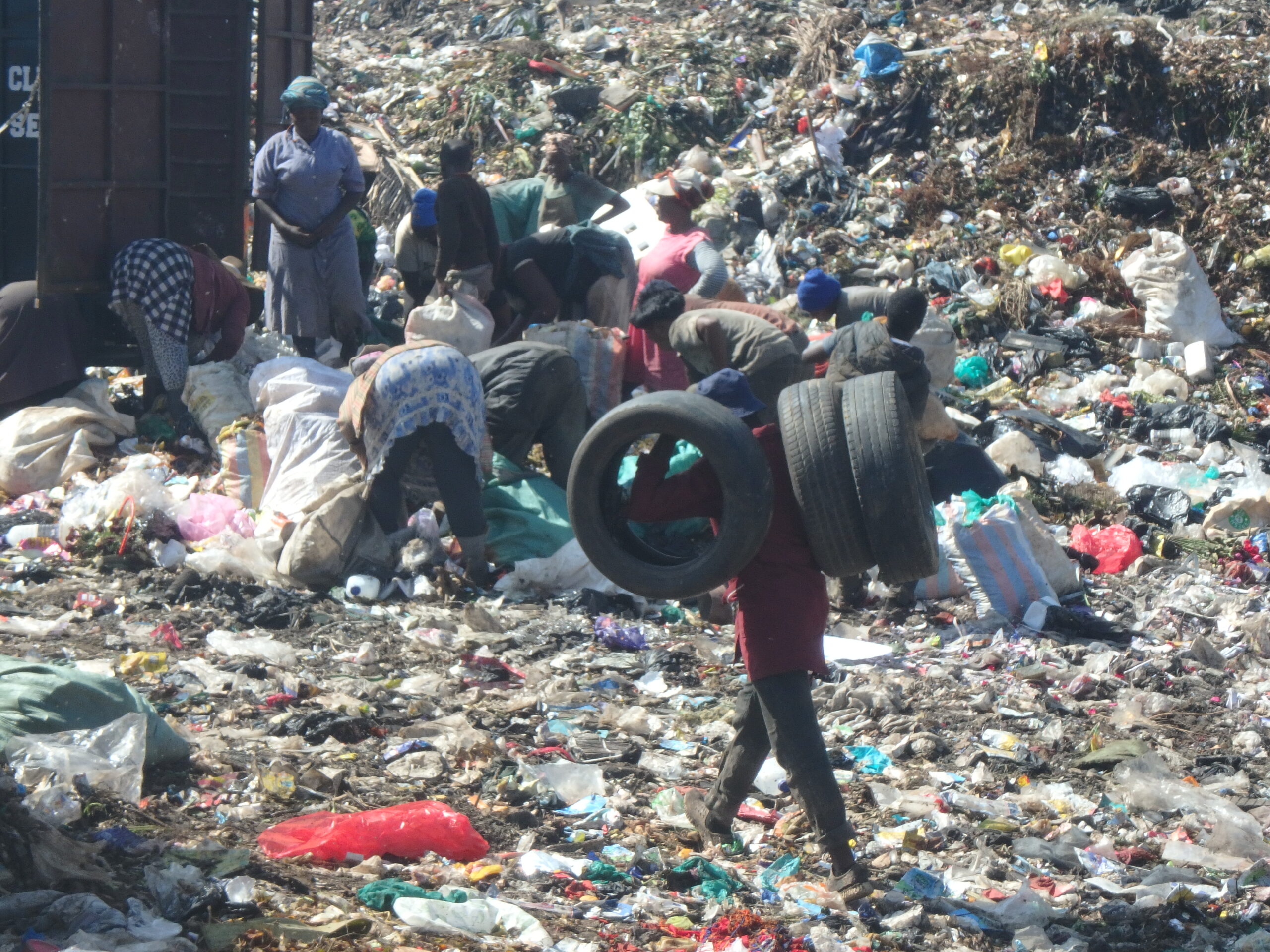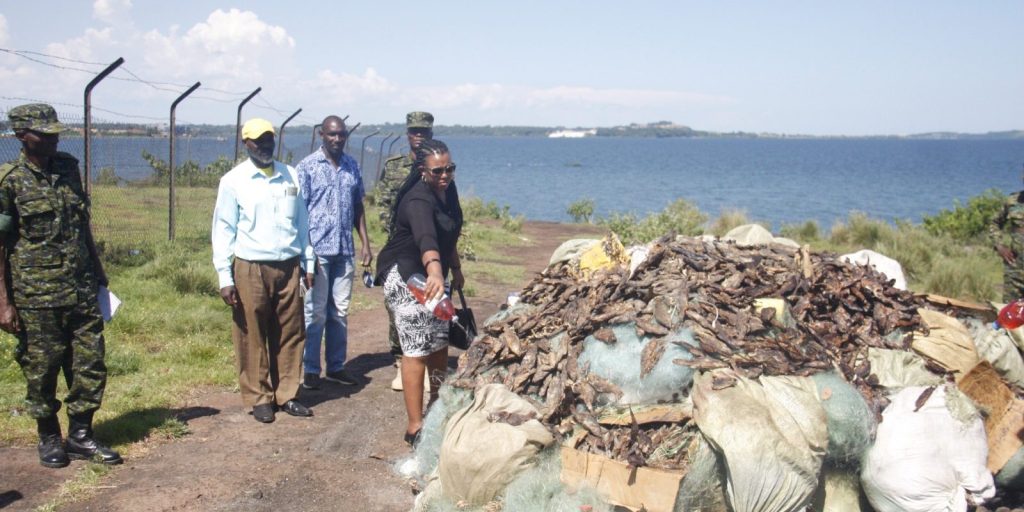Environmental advocates in Uganda are urging the public to embrace a circular economy as a sustainable solution to address plastic waste-related challenges. The call was made during the Uganda Environmental Forum held at Kampala Serena Hotel, themed “Enabling Uganda’s transition to a circular economy.”
A circular economy involves reusing, repairing, refurbishing, and recycling existing materials and products, minimizing waste and extending the life cycle of products. The National Environment Management Authority (NEMA) emphasized the opportunities presented by a circular economy for individuals involved in the value chain, contrasting it with the linear economy’s single-use and disposal approach.
Dr. Barirega Akankwasah, NEMA’s Executive Director, stressed the importance of educating consumers about sustainable consumption, encouraging them to avoid single-use products. He called for collaboration between the government, Civil Society Organizations (CSOs), and communities to accelerate the transition to a circular economy, suggesting incentives such as tax holidays and rebates for manufacturers.
Sam Cheptoris, the Minister of Water and Environment, emphasized the need for manufacturers to design production lines that utilize waste as alternatives, creating jobs in the value chain. The Minister launched the National Strategy for promoting plastic circularity in Uganda 2023-2028 during the event.
Andrew Kilonzo, the Managing Director of Uganda Breweries Limited (UBL), highlighted the brewery’s commitment to circular glass bottle use and announced plans to use PET with 40% recycled material. He also discussed UBL’s efforts to reduce carbon emissions, including a biomass boiler that has reduced emissions by 92%.
Lawrence Songa Biyika, Deputy Chairman of the Parliamentary Natural Resources Committee, underscored the global impact of food waste in landfills, contributing 10% of greenhouse gas emissions, and the extractives sector, which contributes half of the world’s carbon emissions.




















